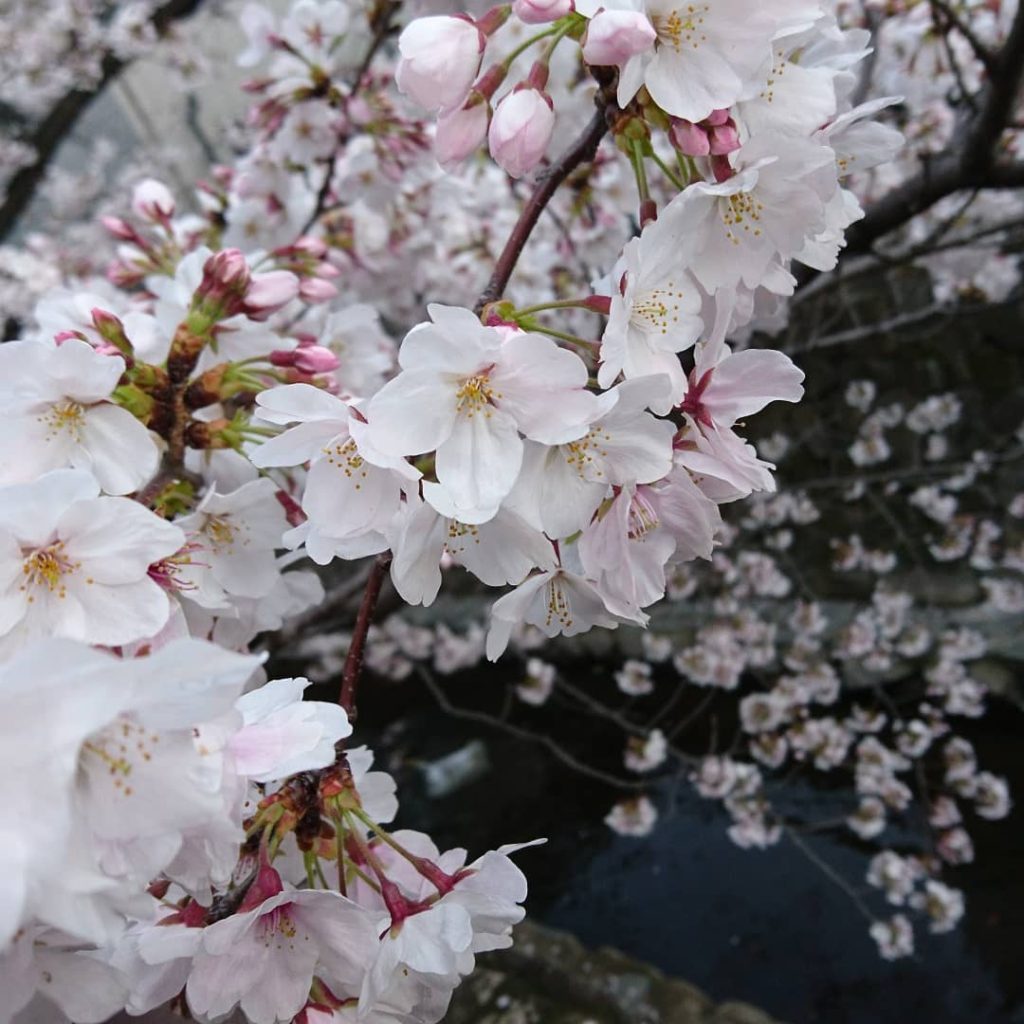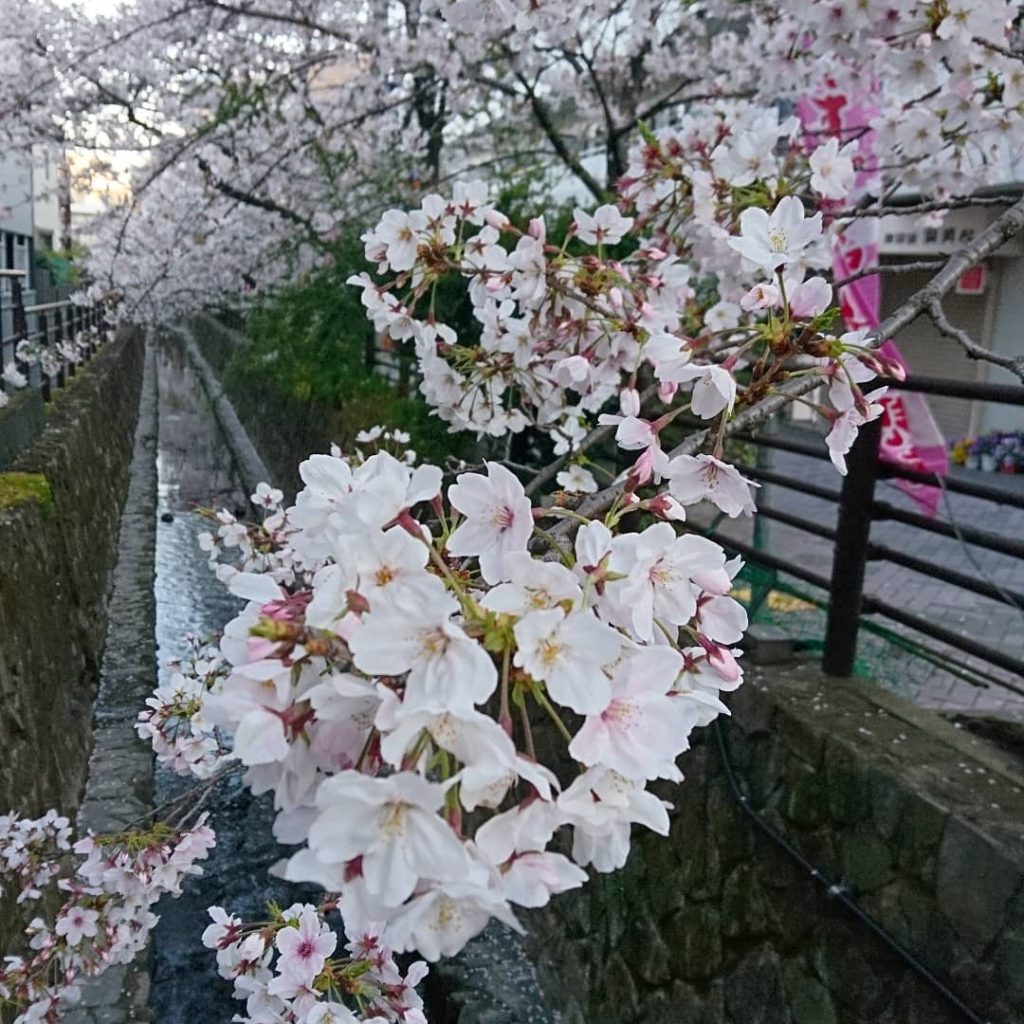This is an English translation of an article published in Nikkan San on April 18, 2019, as a part of my column, “The Way of the Pianist.
“Music is not in the notes, but in the silence between.” This quote, sounding like a Zen koan, is usually attributed to Mozart although Debussy, Miles Davis and other musicians are credited with very similar quotes.
The quote allows for wide variety of interpretation. One may think of a concept like “Ma,” the love of space, or emptiness, in Japanese aesthetics. It may be a warning to ambitious young artists that the heart to the “art of time” lies not in the technical proficiency. If you ask neuroscientists, however, they would have their own version of interpretation to this quote.
A study revealed that our brain is the most active during the rests between the movements, in the course of listening to a multi-movement classical Symphony. Another study (this one conducted on adult mice) revealed that
two hours of silence per day led to cell development in the hippocampus – the brain area responsible for memory formation and emotions. Brain is always busy receiving inputs from the outside world. In the brief moment between these inputs, our brain becomes most active in processing and digesting the inputs received.
When we make a mistake, for example at the piano during practicing, our perfectionism triggers the impulse to go back and fix it immediately. However, this is not the most effective “practice.” It does not help us improve very much. When we make a mistake, the first thing we should do is to stop to reflect on why it is that we made that particular mistake, and think about how we can avoid making that same mistake ever again. Most effective work is often done when you don’t look like you are working very hard from the outside. In the same line of thought, in order to reduce the amount of input to the brain to focus more acutely on the music (or whatever your choice of task may be), it is effective to close your eyes.
I used to devote most of my waking hours on practicing. Back then, I thought practicing equaled moving my fingers at the piano, making sounds. Now I know better. I take my time to live, in order to play better, to be a better musician.
This year, I was fortunate to have some work in Japan during its cherry blossom season for the first time in thirty years, since my relocation to the U.S. Japan is eager to plant as many cherry blossom trees everywhere they can, alongside every water stream, park, schools, roads… I was so taken, not just by the beauty of the flowers, but by how the flower is so cherished by my people. Let me share some of my photos here.


Not just the silence between the notes, but the silence underneath the notes. The silence that we work so hard to cover up in our every waking moment. Music well made brings the silence to the forefront and as the last notes of a Nocturne fade away we can all enjoy a few delicious moments of silence before the applause starts and breathing resumes. The joy of listing to a great artist like Makiko is that she is able to draw us into our silence and in the end we emerge refreshed
Oh my gosh, Larry…that is the greatest compliment! Thank you very much for it.